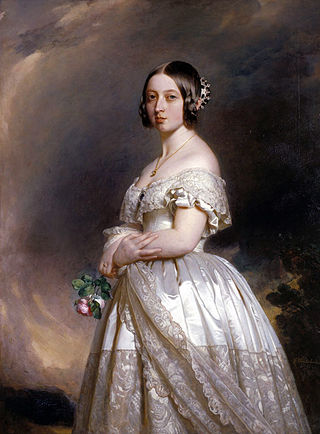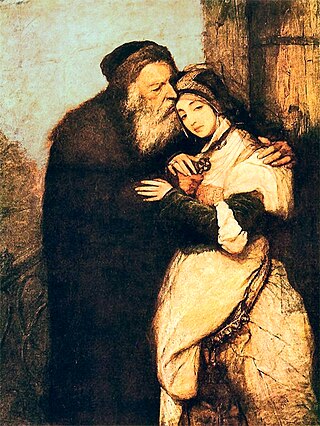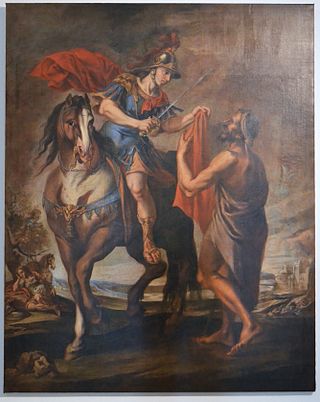See also
Name list
This page or section lists people that share the same given name or the same family name. If an internal link led you here, you may wish to change that link to point directly to the intended article.
| Pronunciation | Dem-EE |
|---|---|
| Gender | Female |
| Origin | |
| Word/name | Latin |
| Meaning | Short for "Demetria" |
| Other names | |
| Related names | Demetria, Demetrios, Demetrius |
Demi is a feminine given name with Greek and Latin roots, and it is a surname with Albanian origins. Demi was originally a nickname of Demetria, the feminine form of the masculine name Demetrius, which is itself the Latin and English spelling of the Greek name Demetrios. People named Demi include:
Brianna, Breanna, Briana, and Bryanna are feminine given names. Brianna is a feminine English language form of the masculine Irish language name Brian as "Briana" is the original spelling. The name is a relatively modern one and was occasionally used in England from about the 16th century and on; Briana is the name of a character in Edmund Spenser's The Faerie Queene. In recent years, the name has become increasingly popular, especially in the United States.

Victoria is a feminine given name. It is also used as a family name.

Samantha is a feminine given name.

Sarah is a common feminine given name of Hebrew origin. It derives its popularity from the biblical matriarch Sarah, the wife of Abraham and a major figure in the Abrahamic religions. It is a consistently popular given name across Europe, North America, and the Middle East — being commonly used as a female first name by Jews, Muslims, and Christians alike, and remaining popular also among non-religious members of cultures influenced by these religions.
Bella is a feminine given name. It is a diminutive form of names ending in -bella. Bella is related to the Italian, Spanish, Greek, Portuguese and Latin words for beautiful, and to the name Belle, meaning beautiful in French.
Barry is both a given name and an Irish and West African surname. The given name can be an Anglicised form of some Irish personal names or shortened form of Barrington or Finbarr, while the surname has numerous etymological origins, and is derived from both place names and personal names.

Hannah, also spelled Hanna, Hana, Hanah, or Chana, is a feminine given name of Hebrew origin. It is derived from the root ḥ-n-n, meaning "favour" or "grace". A Dictionary of First Names attributes the name to a word meaning 'He (God) has favoured me with a child'. Anne, Ana, Ann, and other variants of the name derive from the Hellenized Hebrew: Anna (Ἅννα)
Vicky, Vick, Vickie or Vicki is a feminine given name, often a hypocorism of Victoria. The feminine name Vicky in Greece comes from the name Vasiliki.

Jessica is a female given name of Hebrew origin.

Molly is a diminutive of the feminine name Mary that, like other English diminutives in use since the Middle Ages, substituted l for r. English surnames such as Moll, Mollett, and Mollison are derived from Molly. Molly has also been used as a diminutive of Margaret and Martha since the 1700s and as an independent name since at least 1720. The name was more popular in the United States than elsewhere in the Anglosphere in the 1800s due to usage by Irish-American families and by Jewish American families who used Molly as an English version of Hebrew names such as Miriam and Malka. Its popularity with Americans was also influenced by stories about Molly Pitcher, a heroine of the American Revolutionary War.

Martin may either be a given name or surname. In Scotland, Martin or McMartin is a common surname of Scottish Gaelic origin. Martin is, however, more common as a masculine given name in many languages and cultures. It comes from the Latin name Martinus, which is a late derived form of the name of the Roman god Mars, protective godhead of the Latins and, therefore, god of war. The meaning is usually rendered in reference to the god as "of Mars" or "of war/warlike" ("martial"). Alternatively, it may also be derived from the Proto-Germanic elements "mar", meaning famous and "tank", meaning thought, counsel.

Anna is a feminine given name, the Latin form of the Greek: Ἄννα and the Hebrew name Hannah, meaning "favour" or "grace".

Amber is a feminine given name taken from amber, the fossilized tree resin that is often used in the making of jewelry. The word can also refer to a yellowish-orange color.

Irene, sometimes written Irini, is derived from εἰρήνη, the Greek word for "peace". Eirene was the Greek goddess of peace. Irene was also the name of an 8th-century Byzantine empress, as well as the name of several saints.

Lara is a feminine given name or a surname in several languages. It can be used as a short form of the name Larissa. It was popularized in the Anglosphere by a character in the 1965 film Dr. Zhivago.
Vera is a female given name of Slavic origin, and by folk etymology it has also been explained as Latin vera meaning "true". In Slavic languages, Vera means faith. The name Vera has been used in the English speaking world since the 19th century and was popular in the early 20th century. In Turkish Vera means piety.
Antonia, Antónia, Antônia, or Antonía is a feminine given name and a surname. It is of Roman origin, used as the name of women of the Antonius family. Its meaning is "priceless", "praiseworthy" and "beautiful". Antonia is a Polish, Portuguese, Spanish, Italian, and Maltese name used in many parts of the world.
Christina or Cristina is a feminine given name. It is a simplified form of the Latin Christiana, and a feminine form of Christianus or a Latinized form of the Middle English Christin 'Christian'. Short forms include Chris and Tina. The name is ultimately derived from the original Greek form of the name, Χριστίνα. The name Christina is most commonly used in the Christian religion.

Mara can be either a surname or a first name. Mara is Irish for ocean.
Somers is a surname. Notable people with the surname include: